360° Stories
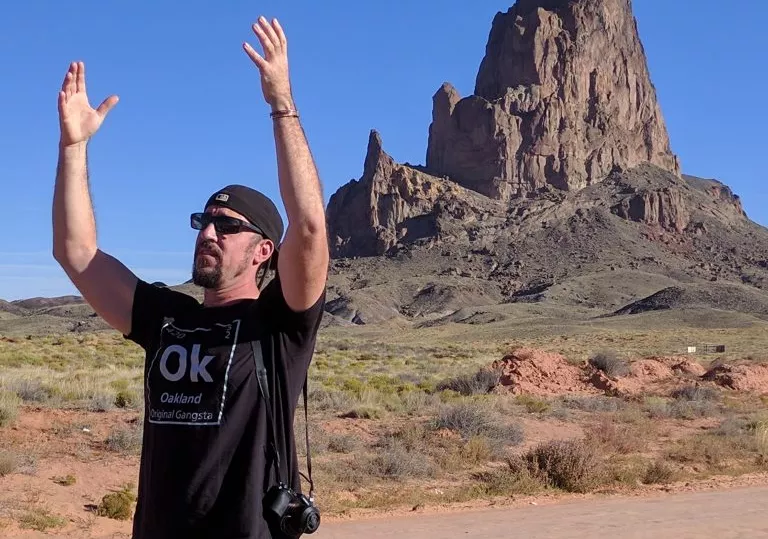
360°: Origin Stories
This year-long cluster explores the intersections of scientific, philosophic and humanistic ways of thinking about, writing about, and visually representing ways we look at origin stories.
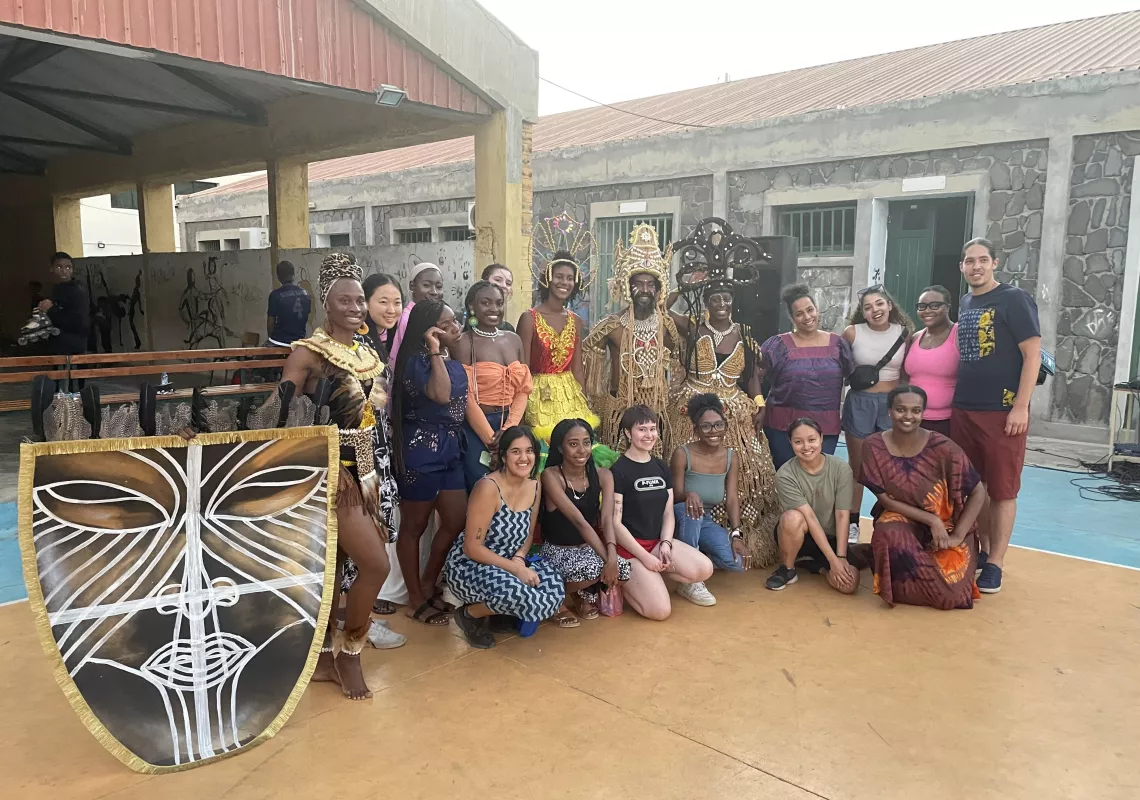
360°: Paradigms of Revival
In a fundamentally decolonial spirit, this course cluster examines the ways colonialism has contained, collected, captured, and commodified Blackness, a practice that circulates objectified images of the peoples, cultures, and cultural objects of Africa and the African Diaspora.
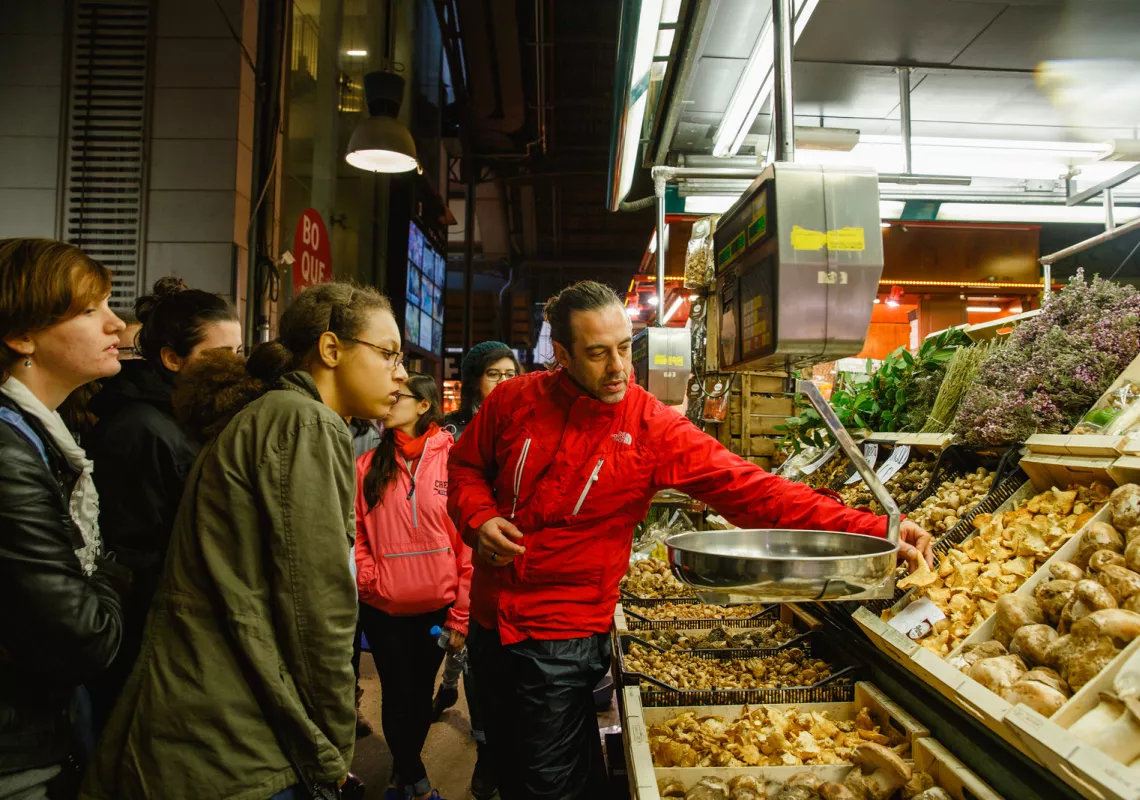
360°: Food and Communication
This cluster focuses on the idea that food is a medium, a cultural vehicle that transports and is transportable and transportive.
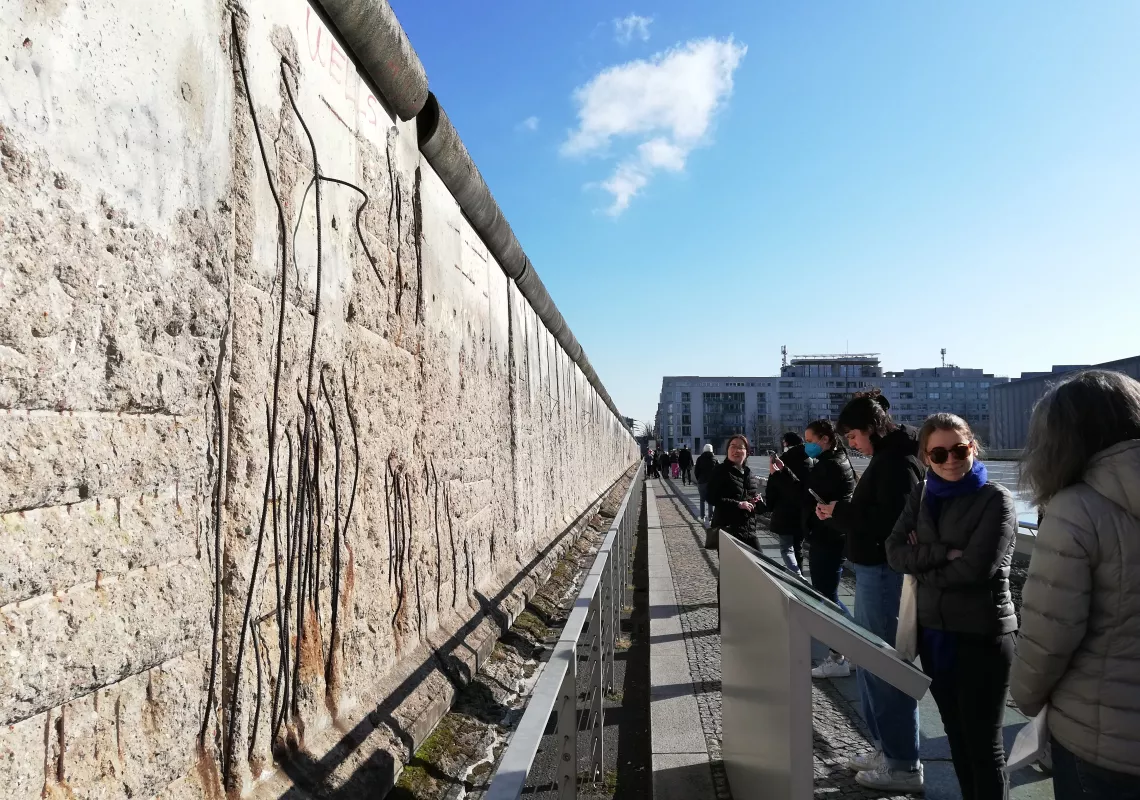
360°: Europe from the Margins
What does Europe look like from the perspectives of those whose voices are usually missing from mainstream narratives – the disempowered, queers, migrant laborers, artists, refugees, and people from Europe’s eastern and southern peripheries?
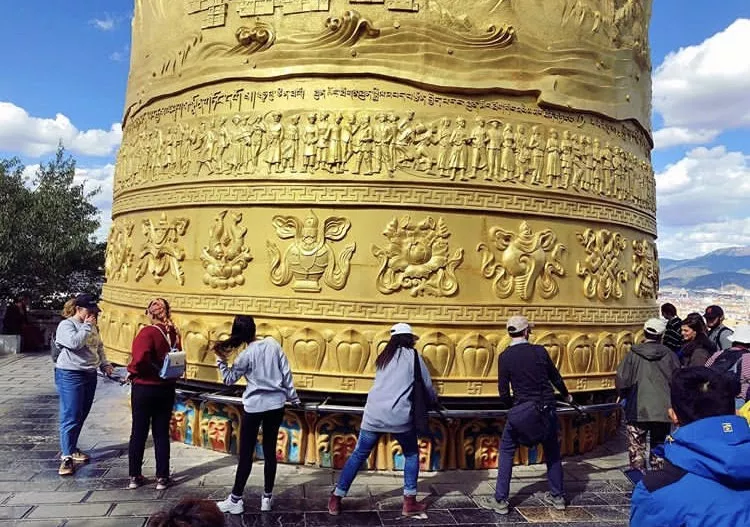
360°: Borderlands
This cluster focuses on the core issue of borderland encounters, and addresses a variety of common themes such as the concept and nature of borderlands, cultural exchange, power relations, ethnic experience, human- environmental interactions, and (trans)nationalism.
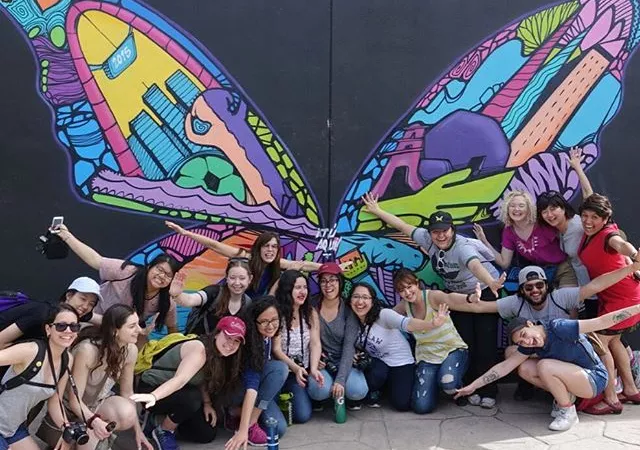
360°: Migrations
This 360° uses the lenses of cultural studies, history, and sociology to critically and comparatively examine migration in different national contexts and historical moments.
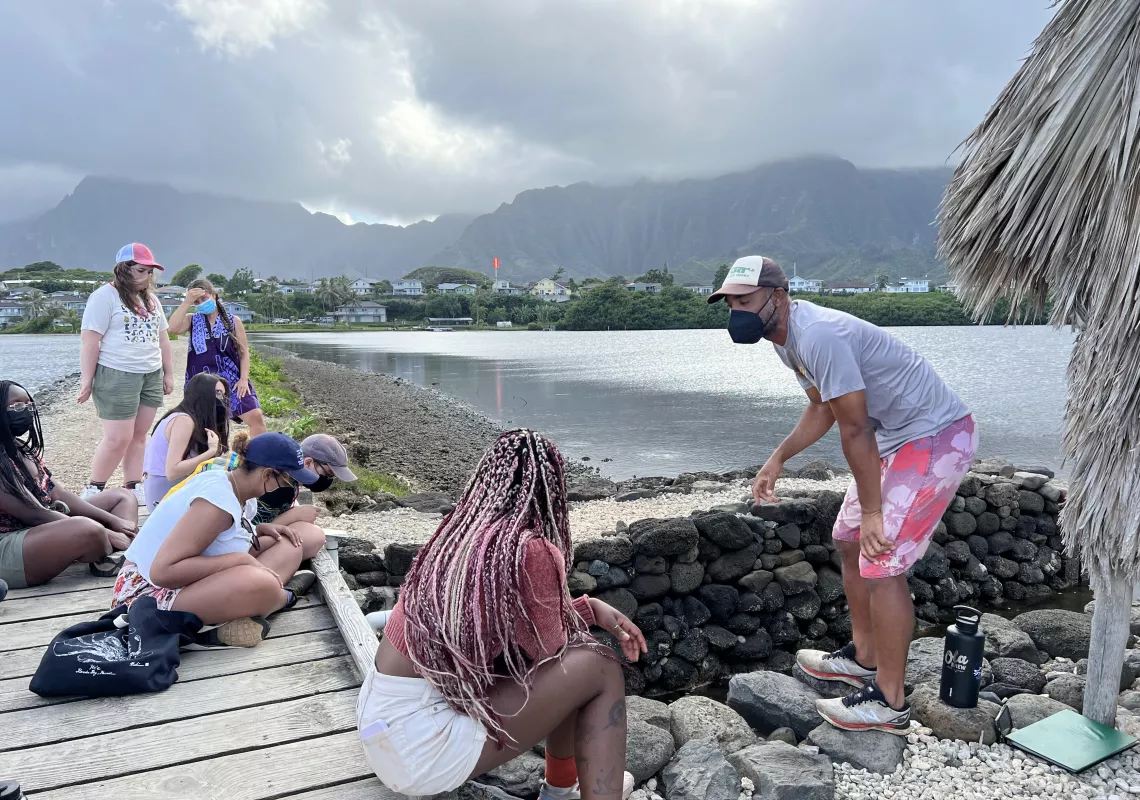
360°: Decolonizing Knowledges
This cluster uses the lenses of physics, sociology, and literary studies to critically and comparatively examine the ways we imagine and reimagine the worlds in which we live, from the cosmos to social structures and from cultural to personal experiences.
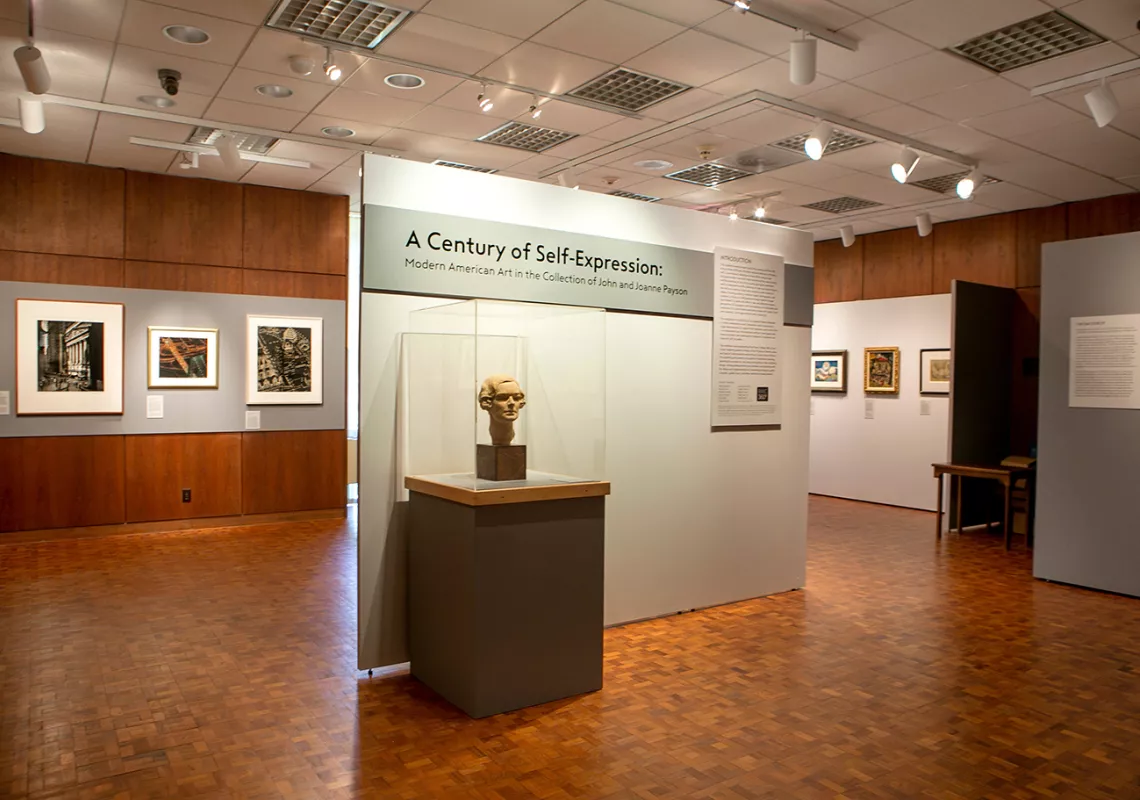
360°: Exhibiting Modern Art
This 360° will consider differences in addressing academy and community as audiences, and bring together theoretical and practical aspects of art history, art criticism, art exhibition, and art education.
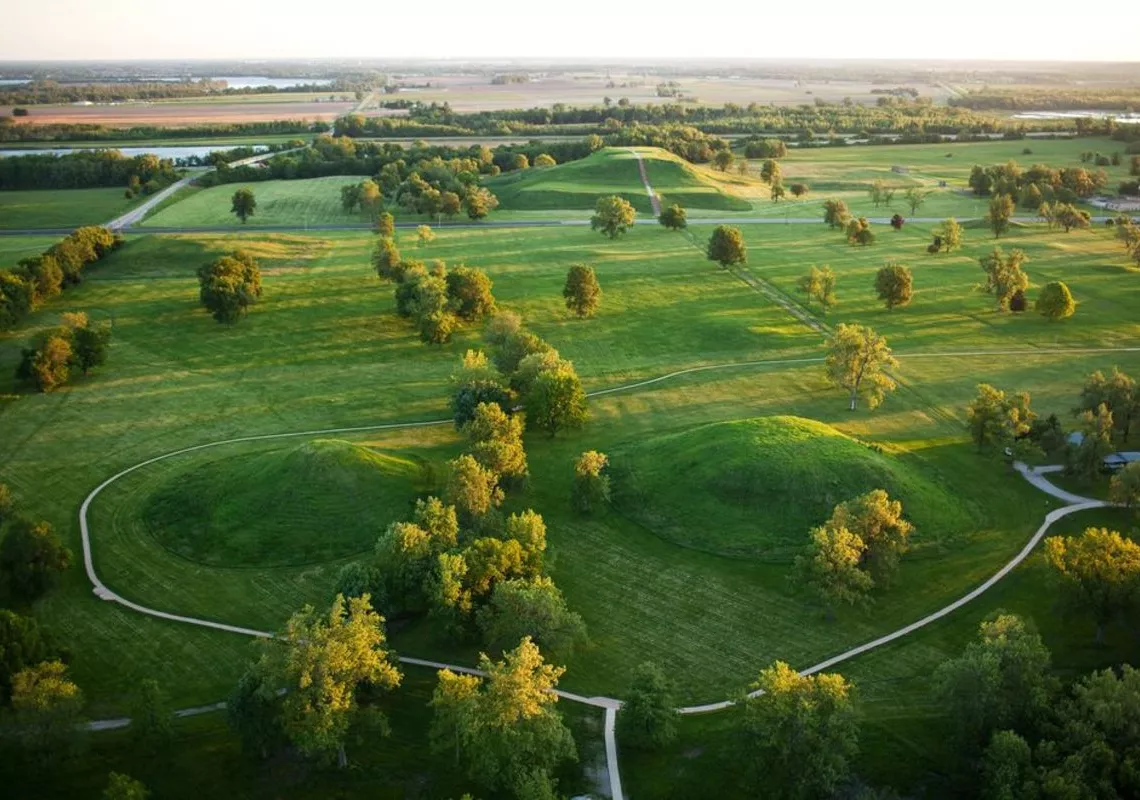
360°: Origins of Freedom
How might human beings live according to nature? Is property natural? Is freedom or unfreedom? How can studying human societies in the past inform collective organization in the present?
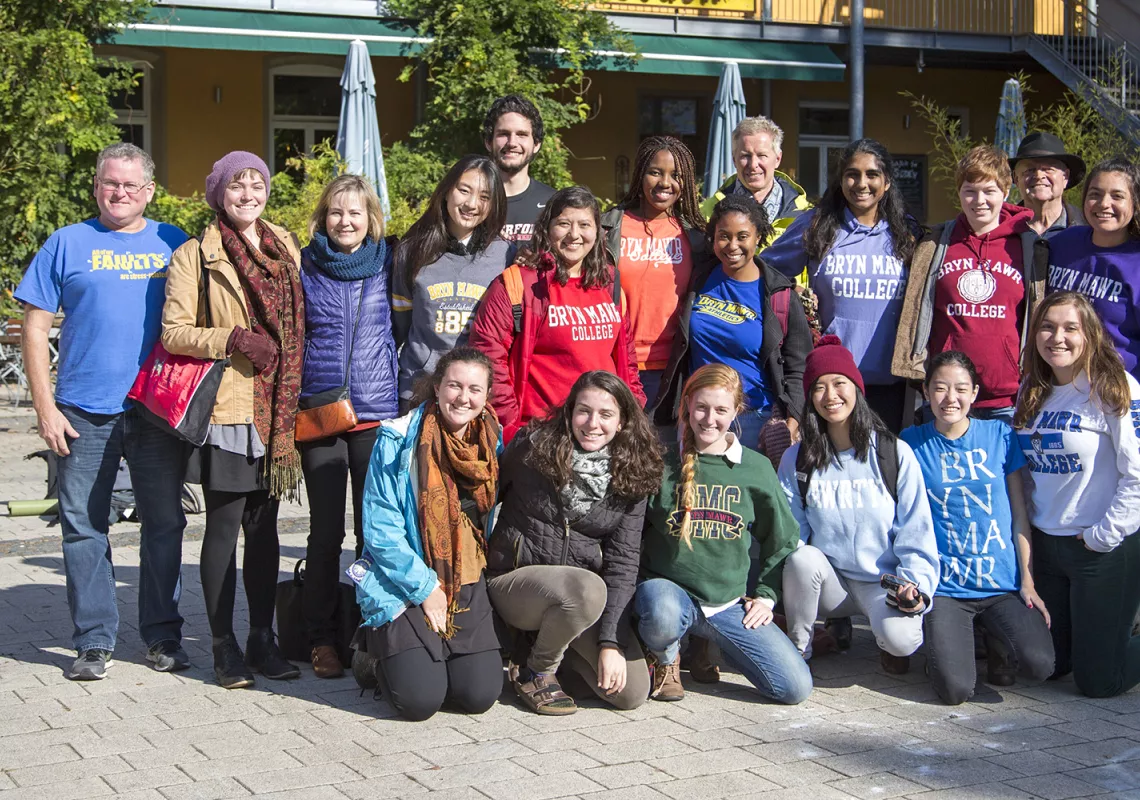
360°: Climate Change
This cluster integrates literary, scientific, and policy perspectives to highlight both the complexity of climate change and the many innovative ideas being developed to address it worldwide.
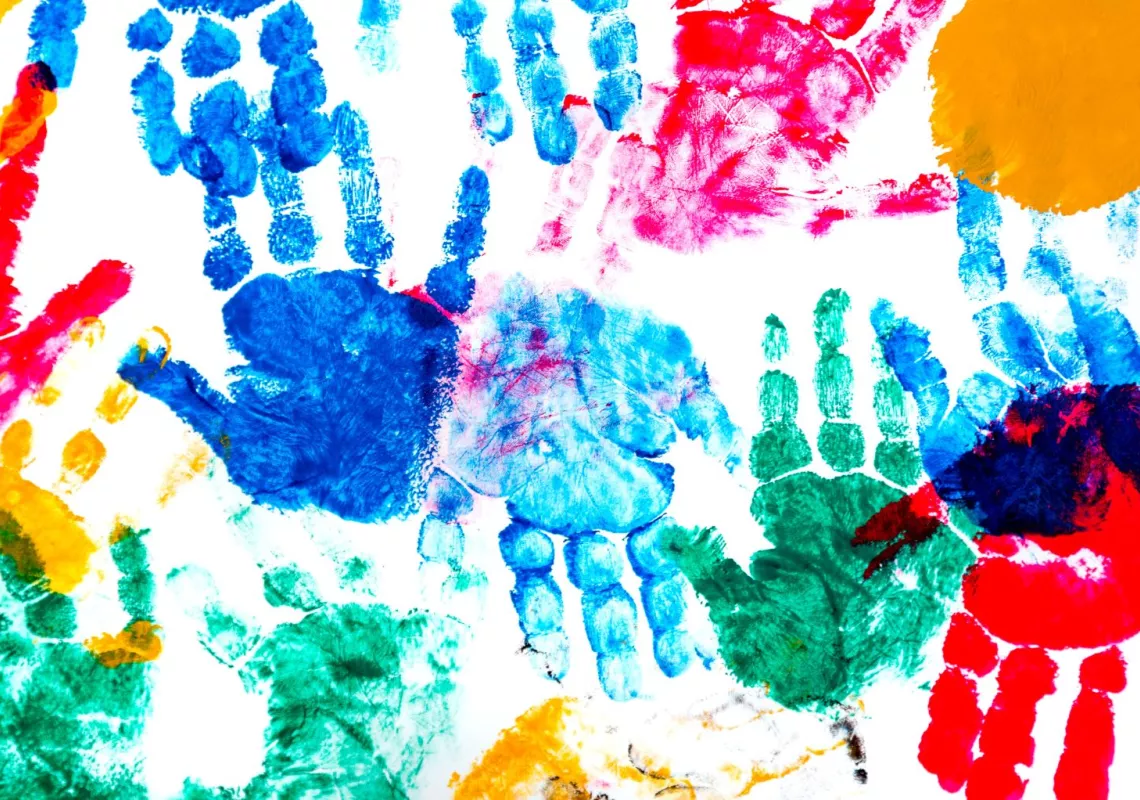
360°: Learning and Narrating Childhoods
Incorporating a visit to the Titagya school in rural Ghana, this 360° explores how children grow and develop in different contexts (e.g. schools, communities, households) and cultures (e.g., the United States, West Africa, Sub-Saharan Africa) and how this growth and development is conceptualized and represented–in texts and theories–mainly by adults, across cultures and fields of study.
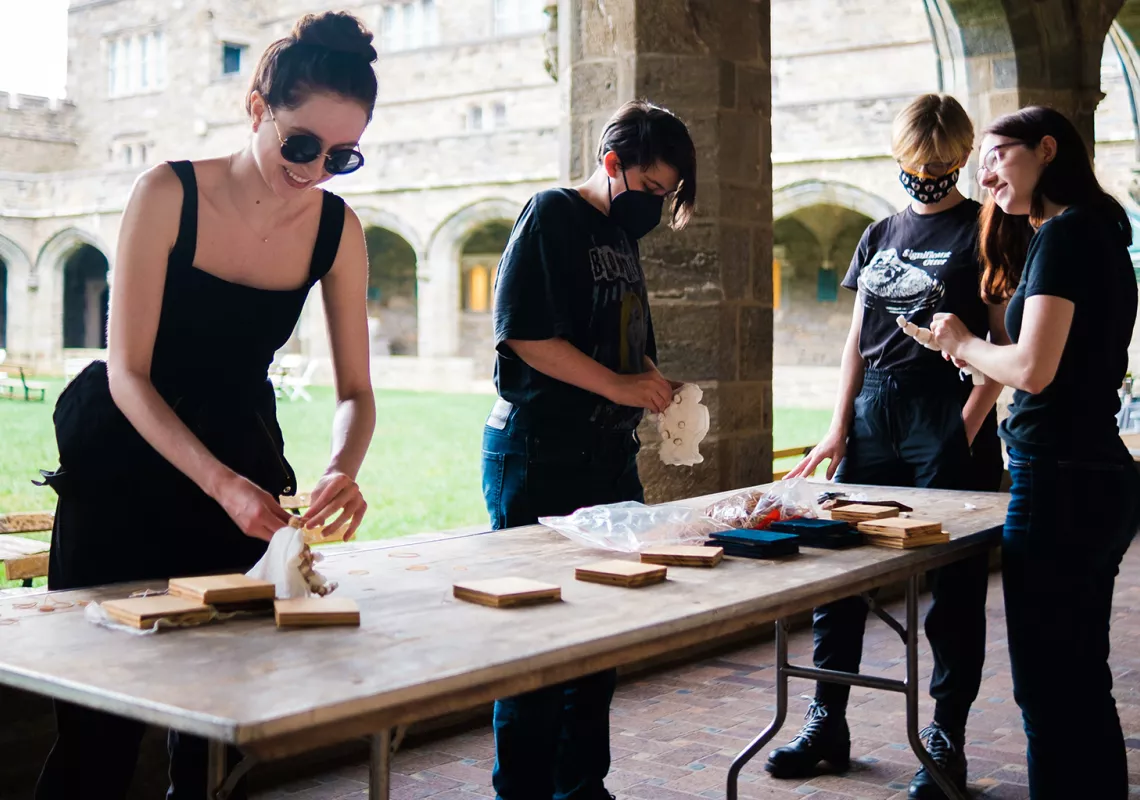
360°: Textiles in Context
This cluster provides a multidisciplinary approach to the technical analysis, historical interpretation, and museum display of early Byzantine textiles.